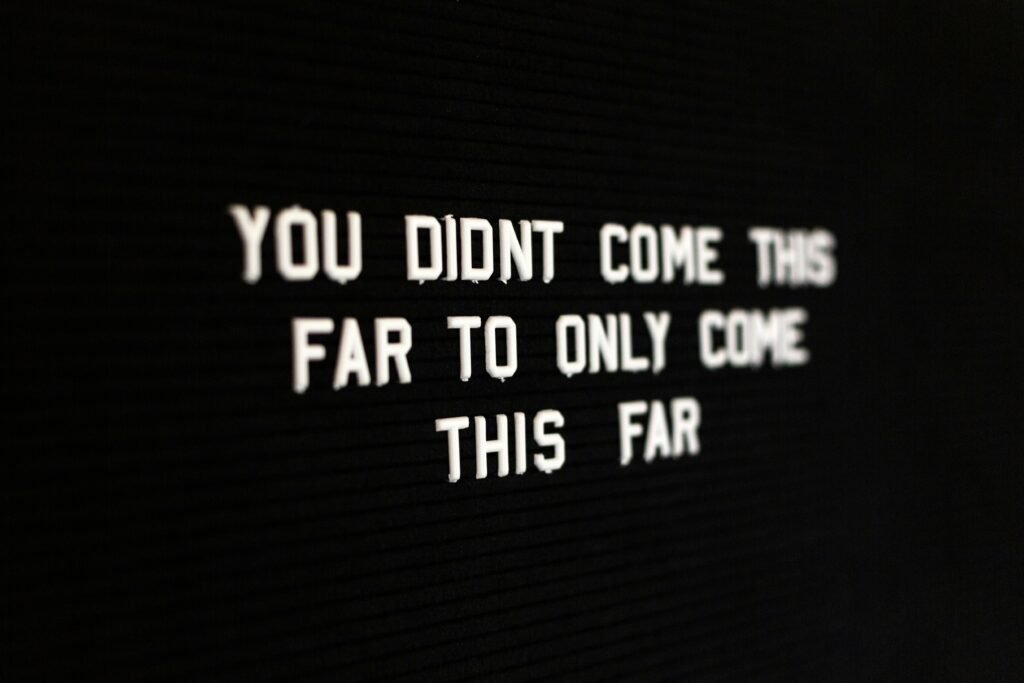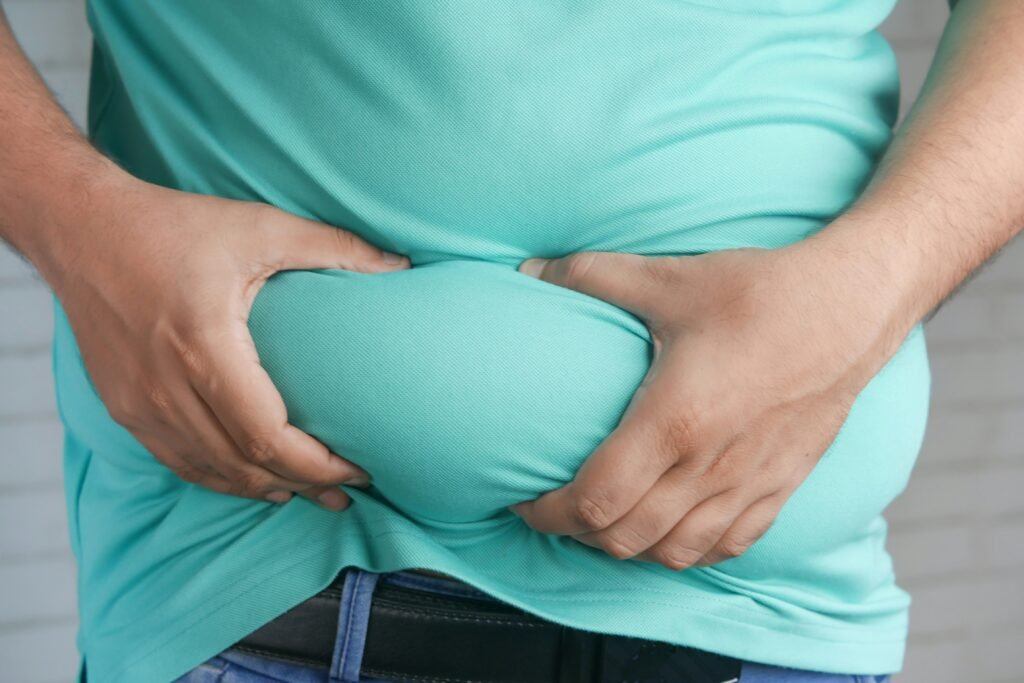Can You Lose Weight Without Exercise?
Can you lose weight without exercise? Many people wonder about this question, as the idea of hitting the gym or going for a run may not be appealing to everyone. While exercise is important for overall health and well-being, it is still possible to lose weight without it. In this article, we will explore various ways you can shed those extra pounds without breaking a sweat.

Diet plays a crucial role
When it comes to weight loss, diet is a key factor. By making healthy food choices and controlling your calorie intake, you can effectively lose weight without having to exercise. Focus on eating a balanced diet that includes plenty of fruits, vegetables, lean proteins, and whole grains. Avoid processed foods, sugary drinks, and excessive amounts of unhealthy fats.
Portion control is essential
Even if you are eating healthy foods, consuming too much of them can still lead to weight gain. Portion control is crucial when trying to lose weight without exercise. Pay attention to serving sizes and try not to eat more than your body needs. Using smaller plates, measuring portions, and avoiding eating straight from the package can help you keep track of how much you are eating.
Choose nutrient-dense foods
Nutrient-dense foods are those that are high in nutrients but relatively low in calories. By incorporating more of these foods into your diet, you can feel full and satisfied while consuming fewer calories. Examples of nutrient-dense foods include leafy greens, berries, nuts, seeds, and lean proteins. These foods provide your body with essential vitamins and minerals without adding extra pounds.
Stay hydrated
Drinking an adequate amount of water is crucial for weight loss. Not only does water help to flush out toxins from your body, but it also helps to boost your metabolism and curb your appetite. Aim to drink at least 8-10 glasses of water per day to stay hydrated and support your weight loss efforts. You can also consume water-rich foods like cucumbers, watermelon, and celery to stay hydrated and feel full.

Get enough sleep
Getting enough sleep is essential for overall health, but it can also impact your weight. Lack of sleep can lead to increased hunger hormones, decreased metabolism, and cravings for unhealthy foods. Aim to get 7-9 hours of quality sleep per night to support your weight loss goals. Establishing a bedtime routine, creating a comfortable sleep environment, and avoiding stimulants like caffeine before bed can help you get a good night’s sleep.
Manage stress levels
Stress can have a significant impact on your weight and overall health. When you are stressed, your body releases cortisol, a hormone that can lead to weight gain, particularly around the midsection. Finding healthy ways to manage stress, such as through exercise, meditation, deep breathing, or spending time in nature, can help you control your weight without having to hit the gym. Practice stress-reducing techniques regularly to support your weight loss journey.

Choose healthy snacks
Snacking can be a downfall for many people trying to lose weight. Instead of reaching for unhealthy options like chips, cookies, or candy, choose healthy snacks that are high in protein or fiber. These snacks can help you stay full between meals and avoid overeating. Examples of healthy snacks include Greek yogurt, nuts, seeds, fruits, vegetables, and whole-grain crackers. Keep these snacks on hand to avoid temptation and support your weight loss efforts.
Limit sugary beverages
Sugary beverages like soda, fruit juice, and energy drinks can be a hidden source of calories and contribute to weight gain. By limiting your intake of these beverages and opting for water, herbal tea, or unsweetened coffee instead, you can reduce your calorie consumption and support weight loss. If you enjoy flavored beverages, try infusing water with fruits or herbs for a refreshing and calorie-free option.
Monitor your progress
When trying to lose weight without exercise, it is essential to monitor your progress regularly. Keep track of what you are eating, how much you are eating, and how your body is responding to your weight loss efforts. Use a food journal, a fitness app, or a scale to track your progress and make adjustments as needed. Celebrate your successes along the way and stay motivated to reach your weight loss goals.
Seek support
Losing weight can be challenging, especially without exercise. Seek support from friends, family, or a healthcare professional to help you stay on track and motivated. Join a weight loss group, find an accountability partner, or work with a nutritionist to create a personalized plan that works for you. Having someone to share your journey with can make a significant difference in your success.
Be patient and consistent
Weight loss takes time, patience, and consistency. It is essential to be realistic about your goals and understand that progress may be slow at times. Focus on making small, sustainable changes to your lifestyle that you can maintain long-term. Stay consistent with your healthy habits, even when faced with challenges or setbacks. Remember that slow and steady wins the race when it comes to weight loss without exercise.
In conclusion, while exercise is beneficial for weight loss and overall health, it is possible to lose weight without it. By making healthy food choices, controlling portion sizes, staying hydrated, getting enough sleep, managing stress, and seeking support, you can effectively shed those extra pounds without hitting the gym. Remember to be patient, stay consistent, and celebrate your successes along the way. You’ve got this!